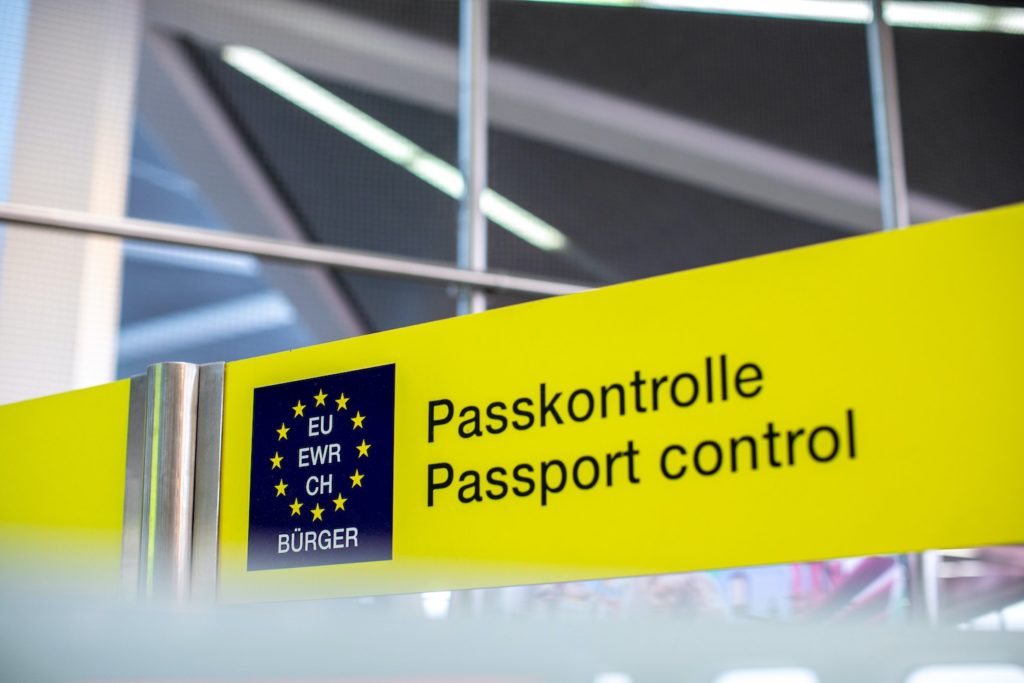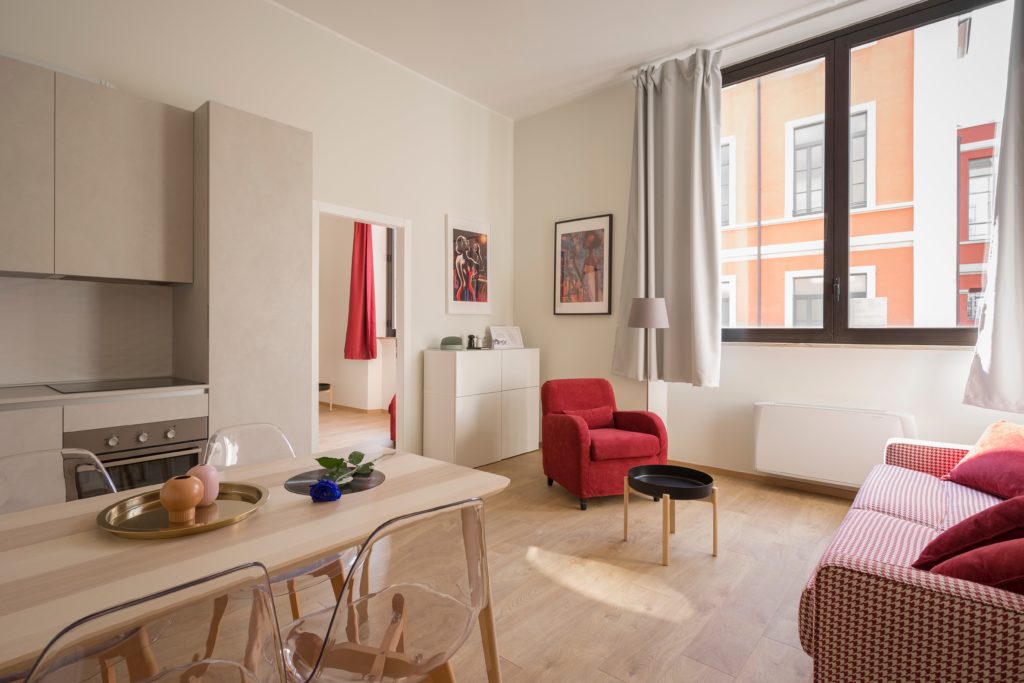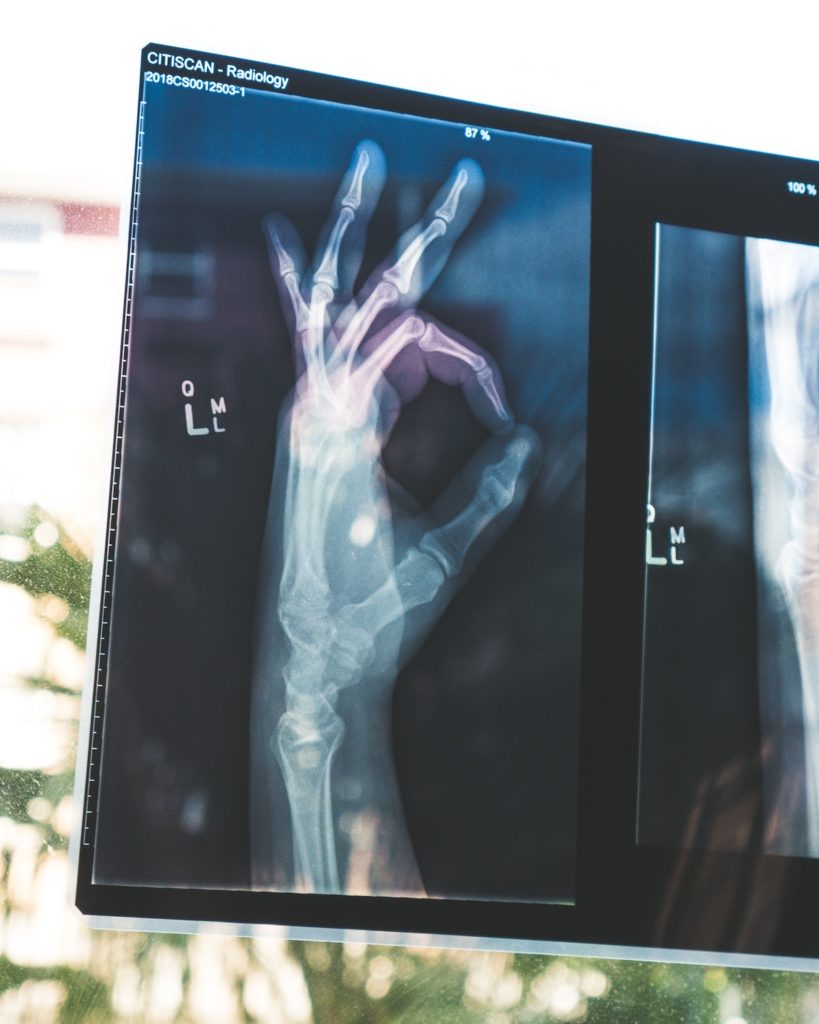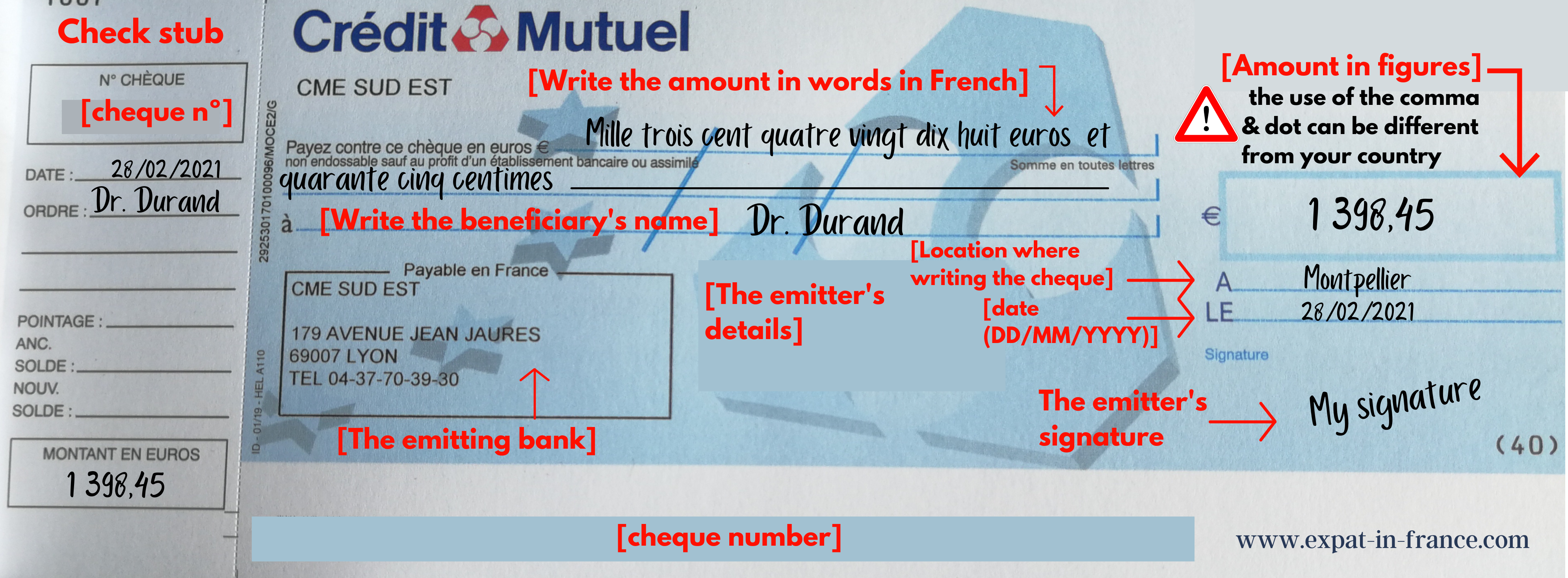Moving to a new country can be a daunting task, especially if it’s your first time. Whether you’re moving to France for work, study, or personal reasons, there are some essential to-dos you need to take to ensure a smooth transition. Here are the seven first steps you should take on arrival to France.

Table of Contents
Have your visa request file documents with you
Your first arrival in France experience will be at the airport, or more specifically at customs in the first Schengen country your flight lands.
To make sure everything goes smoothly, you should have your visa request file documents, this means all the documents you submitted to the Visa centre to get your visa approved. It can happen that the customs officer will ask you questions and it always helps to have all the backup documents.

Find a Place to Live
Finding a suitable place to live is a top priority for your arrival in France. You can rent an apartment or a house. If you do not have a guarantor in France, it can be challenging to find a long-term rental through agencies.
Most expats will rent temporary housing such as an Airbnb or a hotel for a few weeks to find a more permanent place to live.
You can use websites such as SeLoger, De Particuliers à Particuliers (PAP for Paris mainly) and Leboncoin. Watch out for scams on LeBonCoin! The best practice is to never pay a holding deposit, this is not a legal practice in France!
You will find more tips in this video to get your rental file application accepted.

Validate your long-stay visa or request your residence permit
Before moving to France, you need to obtain a visa that matches the purpose of your stay. There are about 27 long-stay visas that allow you to enter France with the purpose of staying more than 12 months.
However, your visa is only an entry document. To be able to remain legally in France for more than the initial 90 days, you need to validate your entry visa as a residence permit upon your arrival in France. And this is when you entered France with what is called a VLS-TS.
In some cases, and mainly if you are on one of the Talent Passport visas, but not only, you will not need to validate your entry visa on arrival instead, you will need to request your residence permit directly.
Open a French Bank Account
Opening a bank account in France is essential for managing your finances and paying bills. You can choose from a variety of French banks, online banks or high street banks.
In many cases, you may find yourself in a catch-22 situation as you will be requested with French bank account documents in your rental file application, and you will be requested with a French proof of address to open a bank account.
So you will need to find either an understanding landlord or banker. You will find more information on the bank account opening in this video.
Register with the French healthcare system
Having healthcare coverage is obligatory in France, it can be via French public healthcare or private health insurance.
Registration with French public healthcare is not automatic and requires a bit of paperwork and patience, so it is recommended to get the ball running on your arrival in France. You will most certainly first be given a temporary Social Security number starting with an 8.
This temporary number allows requesting medical bills reimbursement via the paper form process. And once you receive your final Social Security number, starting with the number 1 for males and number 2 for women, you will be able to apply for a Carte Vitale to facilitate the reimbursement process.
You will find more information on French healthcare registration in this video.

Get a French phone number
Having a mobile phone is essential for staying connected with friends, family, and colleagues in France. You can choose from various providers, such as Orange, SFR, or Free. There are many others, make sure to compare plans and choose one that fits your budget and needs.
Request your French tax registration number
Tax returns should be filed in France in April- May for the previous year’s income.
So you will not need to file it in your first year. However, to facilitate your first tax return, it is recommended to request your tax ID number, called “Numéro fiscal“. It is a unique number assigned to you by the French tax office. This number is essential as it is required for completing your personal income tax declaration online.
Previously, obtaining your tax ID number involved completing and submitting a paper form or visiting your local tax office. However, Impots Gouv now offers an online section for requesting this number.
Finalise your child’s school registration in the French education system
Depending on the visa your child entered France, you most certainly had to pre-register your child with a school in France.
Upon your arrival in France, you will need to finalise the school registration. This is usually done, directly with the school. You should make an appointment with anticipation with the school administration to finalise the paperwork.
To wrap up
Nailing your arrival in France always means that you have anticipated every step, and also a good part of flexibility and adaptation. The first weeks can be challenging and they are also exhilarating! Take a deep breath and everything will fall into place! Enjoy!



